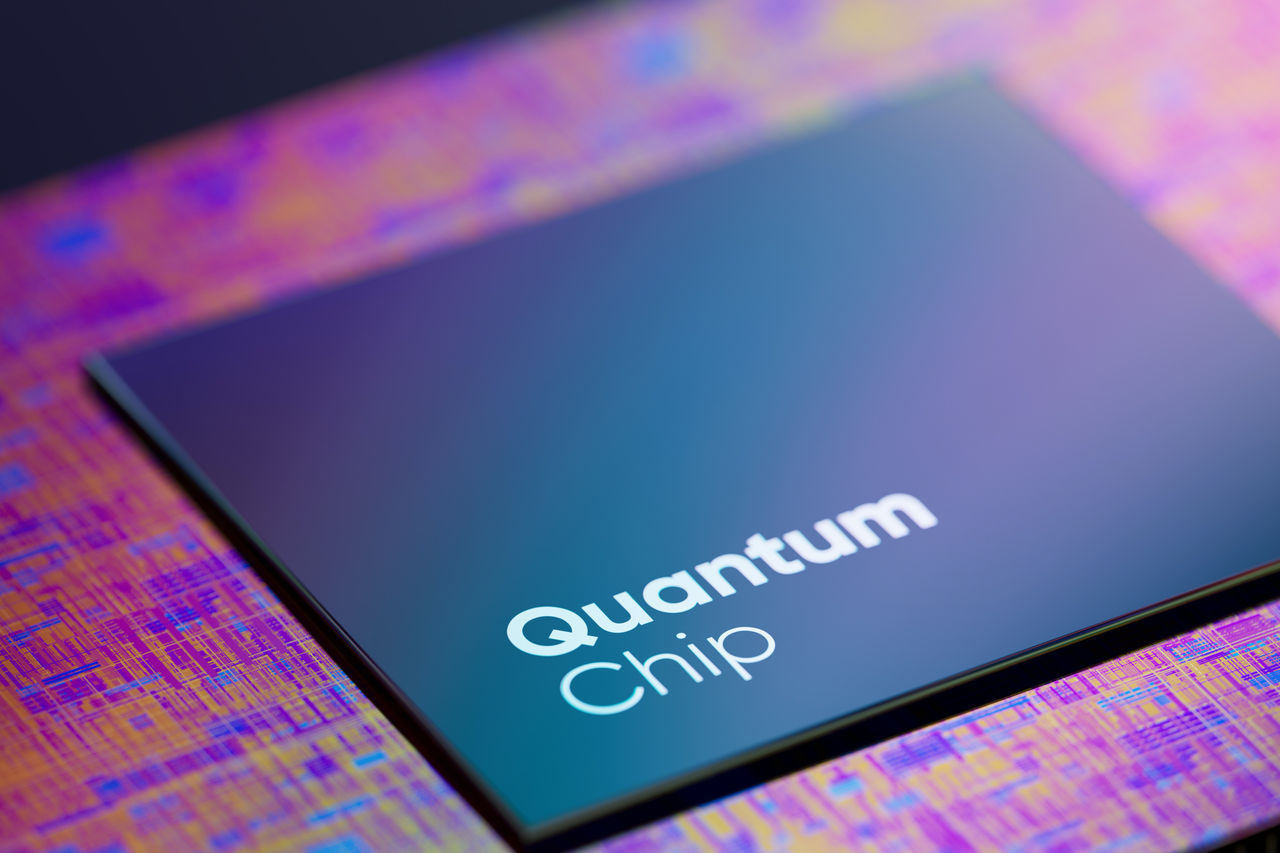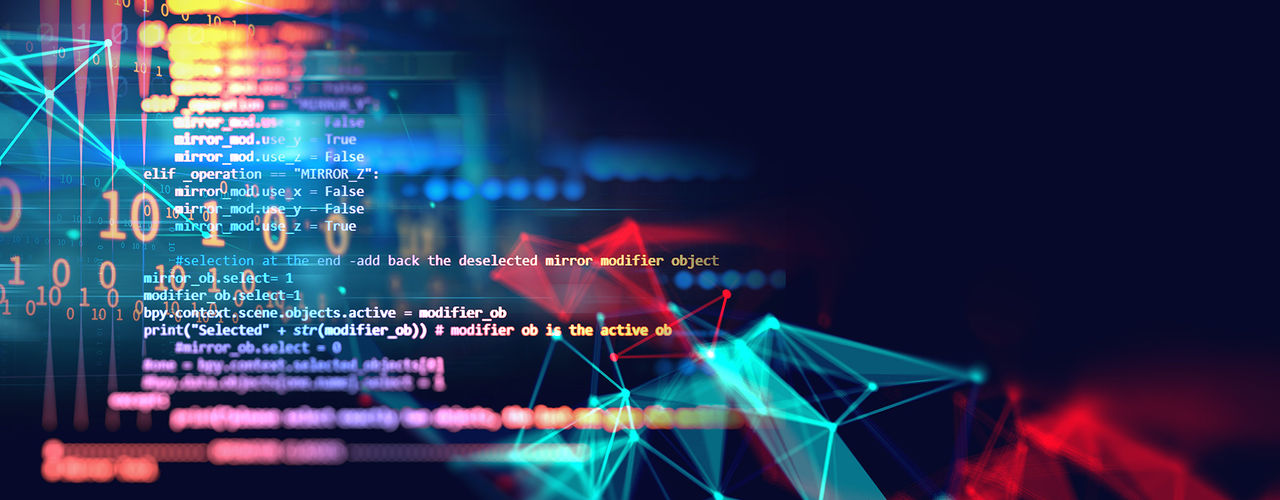 SHARE
SHARE
Quantum computing is poised to revolutionize the way data centers operate, offering unprecedented computational power and the ability to solve complex problems at a speed that was previously unimaginable. As this technology continues to advance, it is important to understand the key takeaways from its implementation in data centers.
Key Takeaways
- Quantum computing offers significant advantages in data processing and optimization.
- The challenges of implementing quantum computing in data centers include hardware limitations and security concerns.
- Applications of quantum computing in data centers range from data processing to machine learning, unlocking new possibilities for data analysis and decision-making.
- Quantum hardware, including processors and qubits, plays a crucial role in enabling quantum computing in data centers.
- The impact of quantum computing on data centers is expected to be transformative, paving the way for a new era of data processing and analysis.
Quantum Computing in Data Centers
Advantages of Quantum Computing
Quantum computing offers several advantages over classical computing, including the ability to efficiently solve complex problems such as factorization and optimization. A key advantage is the potential for exponential speedup in certain computations, enabling rapid data processing and analysis.
Additionally, quantum computing can lead to significant advancements in cryptography and data security. Furthermore, quantum computing has the potential to revolutionize data center operations by enabling faster and more accurate simulations of complex systems.
Quantum computing has the potential to revolutionize data center operations by enabling faster and more accurate simulations of complex systems. Advantages of quantum computing include exponential speedup, enhanced data security and advanced problem-solving.
Challenges of Implementing Quantum Computing
Implementing quantum computing in data centers presents several challenges, including hardware limitations and quantum error correction. These challenges require innovative solutions and robust infrastructure. One approach to address these challenges is through the use of quantum error correction codes to mitigate the impact of errors in quantum computations. Additionally, the integration of quantum hardware with traditional data center infrastructure necessitates careful planning and resource allocation.
The table below illustrates the comparison between classical and quantum error correction methods.

| ERROR CORRECTION METHOD | CLASSICAL COMPUTING | QUANTUM |
|---|---|---|
| Error Detection | Yes | Yes |
| Error Correction | Limited | Extensive |
In summary, the successful implementation of quantum computing in data centers requires addressing these challenges with innovative solutions and careful integration of quantum hardware with existing infrastructure.
Applications of Quantum Computing in Data Centers
Quantum computing has the potential to revolutionize data centers by providing solutions to complex problems that are currently intractable with classical computing. The use of quantum algorithms such as quantum search, optimization, and machine learning can significantly enhance data processing and analysis.
Additionally, the integration of quantum hardware with traditional data center infrastructure opens up new possibilities for addressing data-intensive tasks. Quantum computing’s ability to handle large-scale data sets and perform parallel computations makes it a promising technology for the future of data centers.
Quantum computing has the potential to transform the way data centers operate, offering unprecedented capabilities for data processing and analysis.
To summarize the advantages of quantum computing are speed and efficiency, parallel processing, and solving complex problems whilst challenges include error correction and fault tolerance, scalability and integration and dealing with quantum decoherence.
Quantum Optimization Algorithms
Quantum optimization algorithms are a key area of focus in leveraging the power of quantum computing for data processing. These algorithms aim to solve complex optimization problems with unprecedented efficiency and speed.
One example is the Quantum Approximate Optimization Algorithm (QAOA), which has shown promising results in tackling combinatorial optimization problems. Additionally, quantum optimization algorithms have the potential to revolutionize resource allocation and scheduling in data centers, leading to substantial improvements in operational efficiency and cost savings.
Quantum optimization algorithms have the potential to transform the way data centers manage and optimize their operations, offering unprecedented speed and efficiency in solving complex optimization problems.
Quantum Machine Learning Algorithms
Quantum machine learning algorithms have the potential to revolutionize the field of machine learning by leveraging the power of quantum computing.
These algorithms can handle complex data sets and perform tasks such as classification, clustering, and regression with unprecedented efficiency.
Additionally, they offer the capability to process and analyze massive amounts of data in parallel, leading to accelerated model training and inference.
The integration of quantum machine learning algorithms with traditional machine learning techniques opens up new possibilities for solving complex problems in various domains. Below is a table showcasing the comparison between classical and quantum machine learning algorithms:

Advantages of Quantum Machine Learning Algorithms:
- Enhanced scalability and efficiency
- Ability to handle high-dimensional data
- Potential for breakthroughs in pattern recognition
Quantum machine learning algorithms represent a significant leap in the capabilities of machine learning, offering the potential to address complex problems that were previously intractable using classical methods

Quantum Hardware in Data Centers
Quantum Processors and Qubits
Quantum processors and qubits are the fundamental components of quantum hardware. These processors and qubits enable the execution of complex quantum algorithms and data processing tasks.
Their high computational power and parallel processing capabilities make them ideal for handling large-scale data sets.

Advantages of Quantum Processors and Qubits:
- Superposition and entanglement enable parallel computation.
- High potential for quantum speedup in data processing tasks.
- Reduced error rates through quantum error correction techniques.
Quantum processors and qubits are poised to revolutionize data processing in data centers, offering unprecedented computational capabilities and paving the way for advanced quantum algorithms.
Quantum Error Correction
Quantum error correction is a critical aspect of quantum computing in data centers. It involves the use of error-correcting codes to protect quantum information from errors. These codes enable the detection and correction of errors that occur during quantum computation. Implementing effective error correction is essential for the reliability and scalability of quantum computing systems. The table below illustrates the comparison between classical error correction and quantum error correction.

Advantages of Quantum Error Correction:
- Fault-tolerant quantum computation
- Protection against decoherence
Quantum error correction is a key enabler for the realization of practical and robust quantum computing systems in data centers.
Impact of Quantum Computing on Data Centers
The impact of quantum computing on data centers is expected to be profound, revolutionizing the way data is processed and analyzed. Traditional computing systems will be complemented by quantum algorithms, enabling faster and more efficient data processing. Quantum error correction will play a crucial role in ensuring the reliability of quantum hardware.
Moreover, the integration of quantum hardware with traditional data center infrastructure will present both opportunities and challenges. This transformation will require data centers to adapt and evolve, considering factors such as security, scalability, and resource allocation.
The convergence of quantum computing and traditional data center technologies presents a transformative opportunity for the industry, but it also necessitates careful planning and adaptation to fully realize its potential.
Considerations for Adoption
When considering the adoption of quantum computing in data centers, it is important to evaluate the costs and benefits. This includes the initial investment in quantum hardware, the training of personnel, and the potential for performance gains.
Additionally, organizations should create a roadmap for integration with existing infrastructure and develop a strategy for mitigating risks. It is crucial to assess the feasibility of quantum computing for specific data center tasks and prioritize use cases based on their potential impact. Finally, it is essential to stay informed about advancements in quantum computing technology and its applicability to data center operations.



